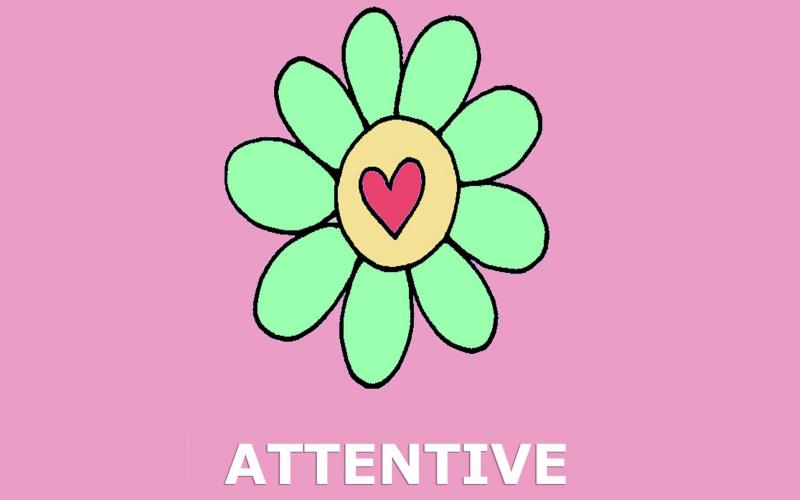THE VALUE OF ATTENTIVE LISTENING
Attentive listening: the Art of Communication

THE VALUE OF ATTENTIVE LISTENING
“When heart speaks to heart, it is love that is transmitted” - Sathya Sai
Attentive listening falls under the umbrella of the value of Care, which is all embracing and has many facets. Without this fundamental value it would be difficult to listen carefully, with complete focus, concentration and neutrality when conversing with others.
Have you ever had a conversation in which you felt comfortable, welcomed, loved, truly respected and listened to? Perhaps it was with your parents, with a sibling, a friend, a fellow student, or with a teacher; the truth is that you experienced a moment of deep connection with this person and possibly it was a transformative moment.
The ability to pay caring attention to our interlocutor, and to respond coherently to what he/she needs and understands is called active or attentive listening. It means knowing how to be with the person in a patient and loving way, without any influence of our personal ideas or experience. Therefore, we can listen attentively when we set our own self or interests aside, giving full space and attention to our companion who senses that he/she can trust us without being judged.
By listening attentively, with warmth and respect, we are caring for the others’ feelings, and are letting them know that they are important and valuable to us; an attitude that can be life-changing for the person we are listening to, but also for ourselves because it is love that fosters such a deep respect and sense of mutual communion.
How can Attentive Listening be cultivated?
There are several ways to improve our capacity of being an attentive listener. Let’s see some of them:
- The first is to take into account what the speaker’s words mean to him/her. This becomes evident, for example, in a conversation in which there are people from different generations, as the language varies and the use of some terminology changes. This is why it is so important to verify what the other person means and to paraphrase, or say in our own words, what we understand. By so doing we clarify what the other person is saying, and avoid making assumptions or creating misunderstandings.
- The second requires a deeper ability to grasp the emotions that the speaker experiences when expressing himself. In this case, non-verbal language such as movements of the hands, eyes, facial expressions, body postures, are an open book for those who listen with the real interest of understanding. Sometimes what the person says and their non-verbal language are coherent and reinforce each other. At other times they are contradictory providing us with helpful information about the sincerity of the speaker’s words.
- The third refers to the ability to carefully grasp what is not spoken about, what is not said, but which is often the most valuable point within the conversation. By making sure to have understood what was "said without speaking" is the key to perceive the true intentions of the speaker.
By being totally present and verifying our understanding with genuine interest, releasing any agenda or preconception, and mostly by showing our consideration for the person in front of us, transforms the act of Attentive Listening into the Art of communication. This is when Attentive listening becomes a true expression of love, through which we show our care for others, whom we recognize for what they are: fellow human beings worthy to be embraced and fully valued.
A TRUE STORY
As a teenager I used to collect autographs as a hobby.
Till today the one autograph that has remained with me out of all the signatures I collected, is from one of my uncles who had written: ’to be interesting be interested’.
This saying had really attracted me, although at that time I could not grasp the depth of the phrase.
Very often in my lifetime the memory of this phrase would surface and I would ponder on its significance.
I feel that this phrase is pointing towards ‘attentive listening’.
I have noticed that the people who are good listeners are the ones who are sought after.
My daughter has emphasised this point, by commenting how “it would be so nice if you would just listen to me especially when I’m going through a challenging time, instead of advising, lecturing, reacting or commenting”.
Attentive listening is an art; it is the art of loving, caring, giving space, time, understanding and respect, and it is a gift of full and non-judgemental acceptance.
DOCUMENTS & PUBLICATIONS
-
EDUCÆRE HANDBOOK
Introduction to the Sathya Sai Education in Human Values programme, known also as Sathya Sai EDUCÆRE.